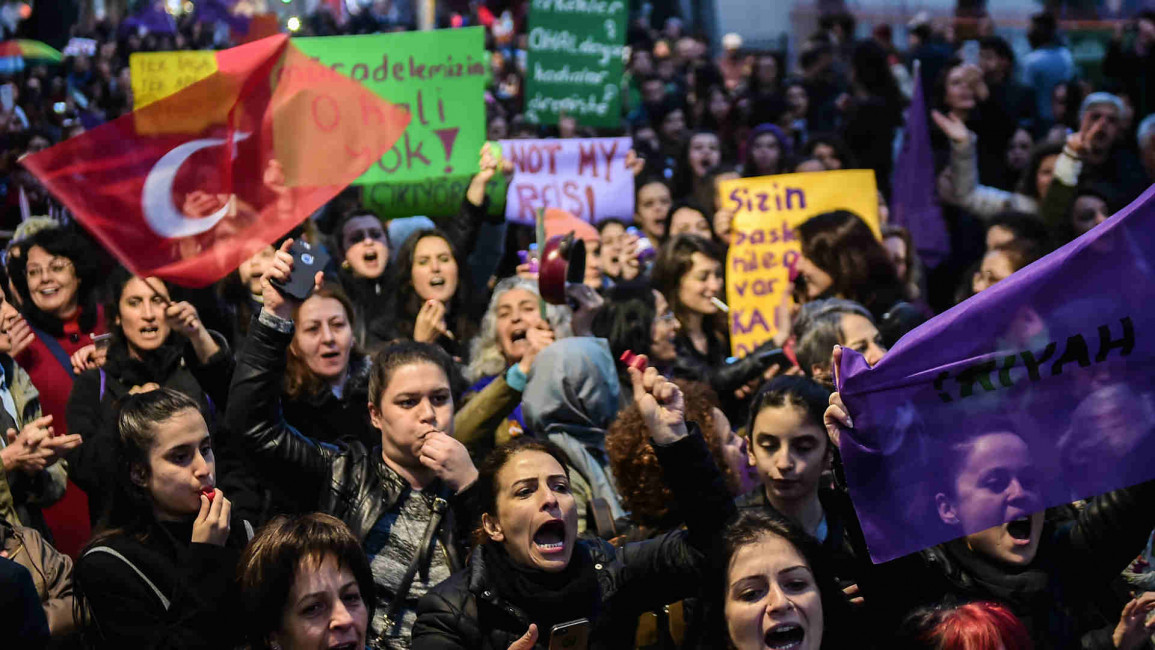Turkey files 'criminal complaints' targeting critics of referendum vote
According to Turkish authorities 51.3 percent of ballots cast in the April vote approved constitutional reforms that critics argue have given Erdogan too much power; 48.7 percent of votes rejected the reforms.
In the aftermath of the vote critics, including the main opposition Republican People's party (CHP) questioned the result citing numerous problems concerning the manner in which the vote was conducted.
Accusations of foul-play
The election victory has been tainted by accusations of voter fraud and intimidation.
But, in particular, controversy was caused by the decision of the electoral commission, overseeing the vote, to contravene established electoral law and permit officials to count what the CHP and other critics say are millions of votes lacking an official stamp proving their authenticity.
The credibility of the election board has also been questioned with critics accusing members of being pro-Erdogan.
Eight of the eleven judges on the panel were replaced following the failed July 2016 coup.
According to the Anadolu the election board is set to file criminal complaints against those who "go beyond criticism".
The head of the CHP, Kemal Kilicdaroglu, is among those targeted by the measure.
Kilicdarogulu has accused the election board of "failing to do its duty," and accused the institution of working against "the will of the people" on his Twitter account.
Ankara bites back
The state-affiliated news agency said that members of the election board would now take the complaint to the Ankara Chief Public Prosecutor’s Office.
In the aftermath of the 16 April vote both observers inside Turkey, and elsewhere - including the European Commission - expressed scepticism over the transparency, and legitimacy of the vote.
A petition presented by the CHP to Turkey's Council of State - the highest administrative court in the country - questioning the validity of the referendum results was rejected on Tuesday.
Erdogan, who has been accused of growing autocratic tendencies, has rejected criticism of the referendum result by both Turkish nationals and outsiders, telling monitors who cast doubt over the vote’s legitimacy to "know their place".
Speaking shortly after the vote Erdogan said that Turkey had held "the most democratic polls that have never been seen in any other country in the West," while praising supporters for "standing tall" in the face of the "crusader mentality" of the West.
Earlier this week a European Union official said that following the questionable referendum result, in addition to crackdowns on dissidents following the July 2016 failed coup, and a recent referendum-related spat with Germany in which Erdogan accused the Merkel government of "Nazi practices" Turkey's flagging hopes of EU membership had been put to bed, for the immediate future.



